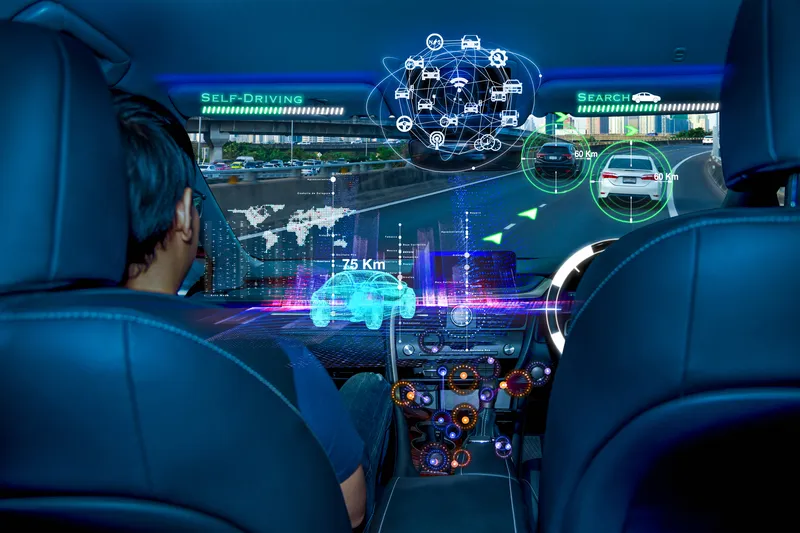Japanese automaker
Through the agreement, Toyota will deploy a fleet of purpose-built Autono-MaaS (autonomous mobility as a service) vehicles on Uber’s ride-sharing network.
The Autono-MaaS vehicles will feature Uber’s autonomous driving system and the Toyota Guardian automated safety support system. Toyota will also utilise its Mobility Services Platform, a core information infrastructure for connected vehicles.
These systems will independently monitor the vehicle environment and are intended to improve overall vehicle safety.
Both companies expect the mass-produced autonomous vehicles to be owned and operated by third party fleet operators.
The proposed collaboration is subject to standard regulatory approvals.
Toyota and Uber to deploy autonomous ride-sharing service
Japanese automaker Toyota Motor is investing $500m in Uber as the companies intend to combine their technology to develop an autonomous ride-sharing fleet. Through the agreement, Toyota will deploy a fleet of purpose-built Autono-MaaS (autonomous mobility as a service) vehicles on Uber’s ride-sharing network. The Autono-MaaS vehicles will feature Uber’s autonomous driving system and the Toyota Guardian automated safety support system. Toyota will also utilise its Mobility Services Platform, a core
August 29, 2018
Read time: 1 min









